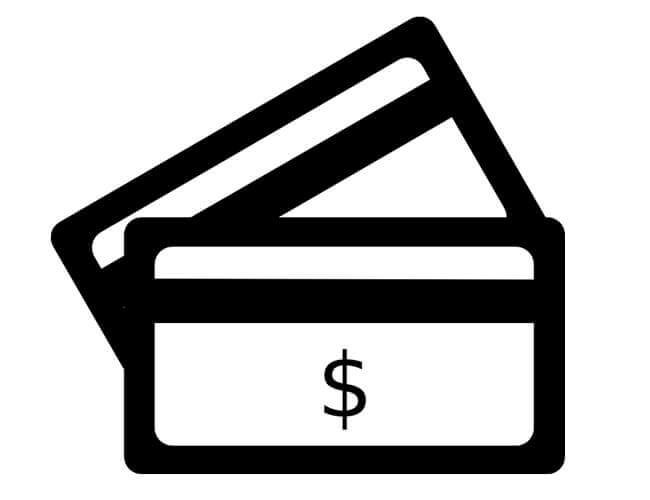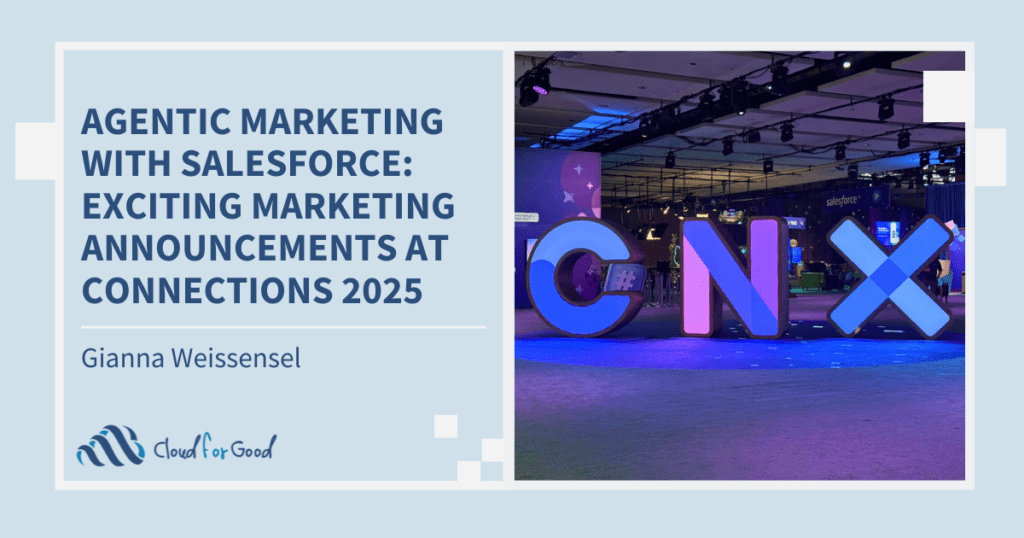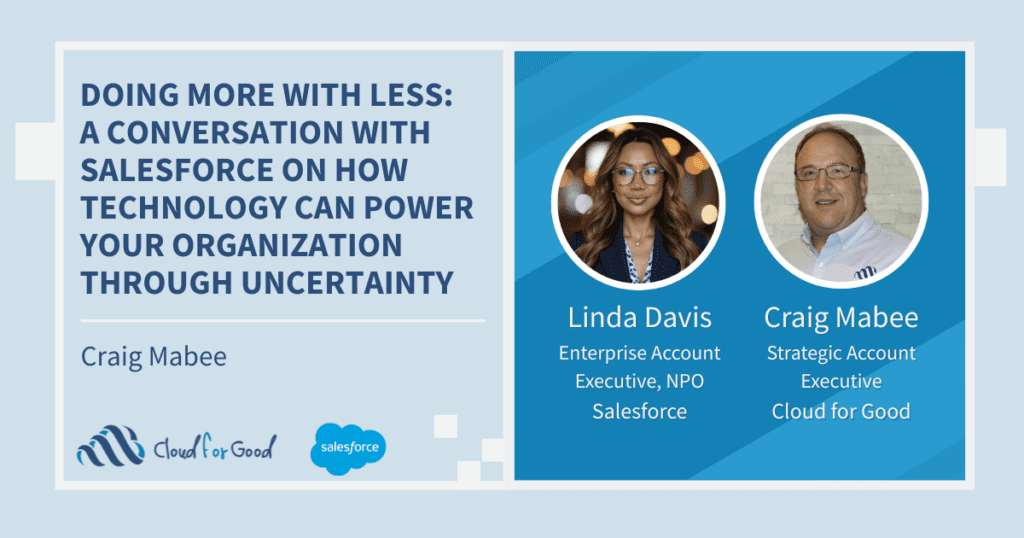It’s a digital age and you’re behind the times if you’re not accepting online donations from your donors. So you start to weigh the options, researching apps that will allow you to create custom forms branded to your website. Then you get into the thick of things where you need to start making decisions on how you’ll securely accept these donations and make sure they appear in your bank account. That’s when it get’s a bit complicated.
Here’s what you need to know if you want to successfully accept online donations.
What you need
First, you must acquire a merchant account. This is the golden ticket that allows your organization to accept credit card payments. It’s an account that is designed specifically to help facilitate all the data being input through the payment gateway (more on this later) and turning it into cash that’s deposited into your bank account (minus fees for the transactions). Note, a merchant account is not necessarily a bank, but it will have a direct connection or relationship with a bank. This is the key that translates all the information from the payment gateway into the needed specs for the actual banks to process the money.
Now for the payment gateway. This is the workhorse. It’s what integrates with your website, CRM or E-commerce platform and captures all the relevant data from a donor about their form of payment. Your payment gateway is basically your online version of a cash register.
A virtual terminal is the end user side where you can log in via a secure browser and in real time see the activity moving through your gateway.
Hopefully, that illustrates those differences a bit. Now for the next complicated piece: understanding all those fees. To best understand the fees, it’s important to point out some definitions.
KEY TERMS
Credit Card Associations – Visa, MasterCard, American Express, Discover etc. Network of issuing and acquiring banks that process payment cards of a certain type. These top dogs set the rules.
Issuing Banks – Banks that actually issue the credit cards, can be a dual role of credit card and bank like American Express or Discover. Other examples are Chase, Citi, or Wells Fargo.
Acquiring Banks – The processors. They are the bridge between the merchants and the credit card associations. They move the data along, sending requests for authorization.
Wholesale or base fee – The cost of doing business in the digital age. These fees are determined by the credit card card associations and the the issuing banks. Since these fees are set by these large groups, they remain consistent among all merchants.
As of this post here are the links to the major player’s interchange rates:
Visa Interchange Rates
MasterCard Interchange Rates
Discover Interchange Rates
Selling these merchant accounts is a business, so there are markup fees charged in which the company makes its profit. These are negotiable and you should shop around and negotiate. Most businesses will have a standard nonprofit rate, but you can also try to negotiate based on things like your anticipated transaction volume or average gift amount.
research
You’ll want to understand the terms and lengths of any contract you sign with a vendor. As more organizations are starting to accept and depend on recurring donations, it’s important to understand how this data will be treated
Because you can and should shop around to ensure you’re getting the best fees, you’ll want to understand how this impacts your recurring credit card transactions. Make sure you clearly understand who owns the credit card data. If you decided to switch vendors, will you be able to take your donors recurring payment information with you, or will you be required to reach out to the donors and have them provide this information again? There is a great resource at Credit Card Data Portability that provides a nice list of questions you can ask prospective vendors. Some companies allow you to bundle your merchant and payment gateway together for a bit of a savings or at least the convenience of only having to deal with one company for payments or troubleshooting.
Do you research and only pay for what you need.
Happy Fundraising!
Check out these other great posts:





